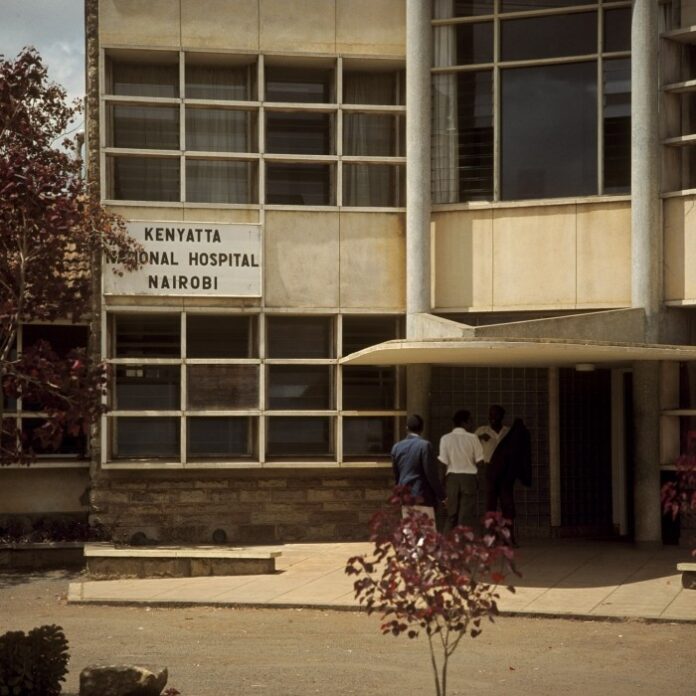A groundbreaking initiative by Manchester and Kenyan researchers to bring world leading oesophageal cancer early detection and research to Kenya has received £2.6 million funding from the Government through the National Institute for Health Research.
The unique partnership between The University of Manchester, The Christie NHS Foundation Trust, and Kenyatta University Teaching, Referral and Research Hospital (KUTRRH) will raise awareness of squamous cell carcinoma of the oesophagus (OSCC) in Kenya and increase engagement in public screening opportunities using mobile detection units that travel across the country.
It will link the early detection of cancer using a digital transformation in cancer detection and outcome data through a “hub and spoke” system linking cancer hospitals and local healthcare authorities.
The funding will help establish a central cancer specialist “hub” at KUTRRH in the capital Nairobi which will support local cancer care delivery ’spokes’ in five regional counties: Meru, Kiambu, Kisii, Nakuru, and Nyeri.
According to the International Agency for Research in Cancer, OSCC is the third most common cancer in Kenya and the most lethal: 99% of patients die from their disease within 5 years.
The poor prognosis is directly related to OSCC patients being diagnosed too late when they have advanced, incurable disease. Instead, this initiative will establish early detection as a part of the Kenyan healthcare system by training healthcare workers to recognise early symptoms of OSCC.
The NIHR Global Health Research award will co-train Kenyan clinicians and healthcare workers in NHS Trusts. It will provide continuous, bespoke training in state of the art cancer diagnosis and molecular pathology where the initial trainees from Kenya travel to Manchester and subsequently return to Kenya to become the trainers future cancer researchers and carers.
The award will also use molecular assays to help identify Kenyans at greatest risk of OSCC.
Using next generation genetic and cell biology approaches, tissue samples taken for patient diagnosis will undergo sophisticated molecular pathology studies to document the abnormal cancer genes and proteins which drives the initial growth, unique biology and aggression of Kenyan OSCC cancers.
The genetic results will be obtained from all 5 Kenyan counties and matched with clinical data and county level information to try to understand the differences which cause the variable rates of OSCC seen across Kenya.







